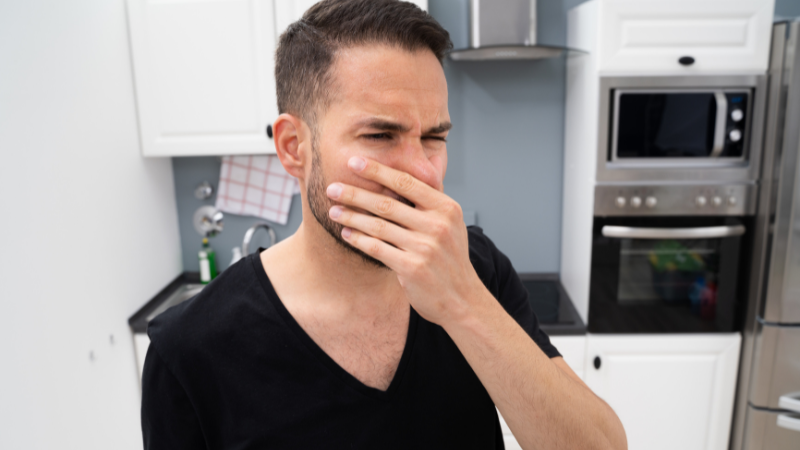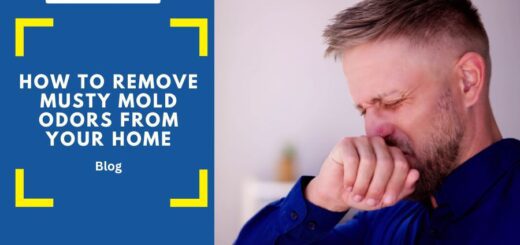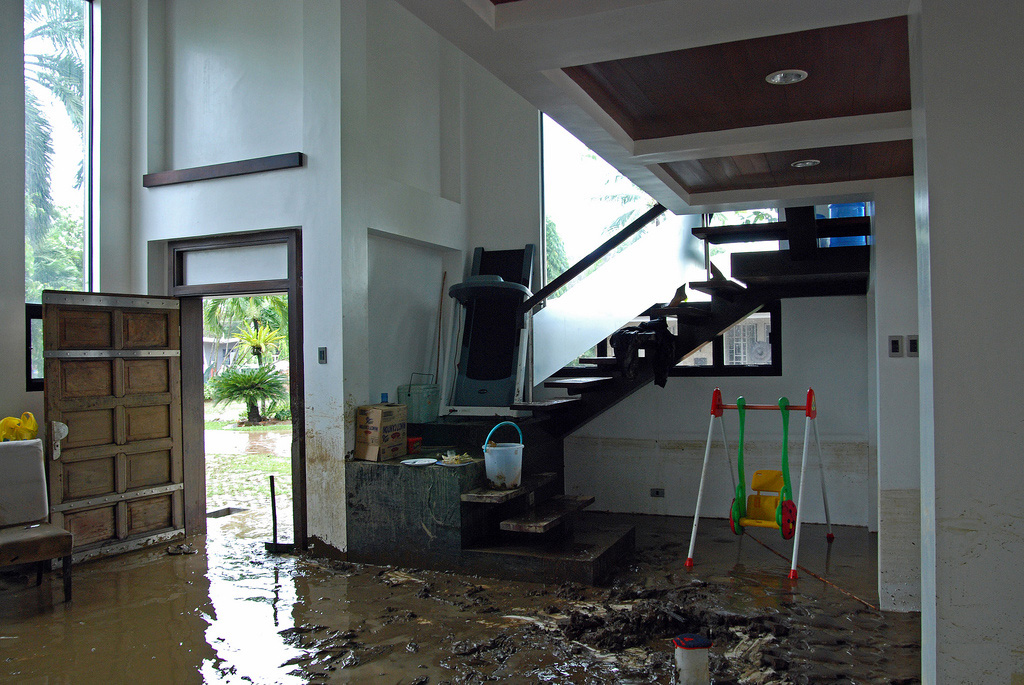Is the Smell of Oil in Your Home Dangerous?
Any home gives off distinct odors, from pleasant citrus or vanilla to repulsive cigar smoke or mildewed canvas. The smell of oil is particularly telling, since it can indicate that the heating systems is in need of immediate repairRepair is the act of fixing or restoring damaged property, m... More or another issue in the home demands attention.
Inhaling a whiff of oil does not always mean that the home’s occupants must immediately evacuate. Side effects can occur depending on the individual’s level of sensitivity. In any case, if anyone in the home begins to feel dizzy, nauseous, or develops headaches, leave the area right away.
Spilled oil can expose the home’s occupants to potential health problems. Brief exposure to oil odors does not cause long-term health issues. Short-term health symptoms can result when people breathe in the smells for a longer period, such as while in the basement or other enclosed area.

Long-term health conditions can develop when people in the home inhale oil odors over the course of several years. Common ailments include liver and kidney damage, high blood pressure, and cancer. Avoid adverse health consequences by responding immediately to the smell of oil.
When a homeowner’s olfactory senses pick up the scent of oil, increase the ventilationVentilation is the process of exchanging or circulating air ... More in the home. Prior to opening the windows, turn off the heating system. Consult a heating technician and ask him to inspect the oil tank and system. Local fire officials should also check out the situation.
What causes the smell of oil indoors?
Any of several causes are responsible for introducing the smell of oil indoors. An idle furnace might produce a light scent of oil upon first turning it on at the start of the next cold season. The odors are not usually a problem if they fade quickly.
The filter inside the heating system can become clogged over time and produce a noticeable smell of oil. The homeowner simply needs to replace the old filter with a new one to eliminate the odor. Replacing the filter also helps the system work more efficiently.
A furnace can outrightly malfunction and release a strong scent of oil. Problems with the furnace include failure to fully combust the fuel or a crack in the oil burner. In either case, homeowners should schedule an inspectionInspection is the careful examination and assessment of a pr... More by a qualified heating technician.

An oil tank located inside the home can leak and cause a smell of oil. The strength of the odors is dependent on where the tank is located and how much oil has leaked out. A tank positioned outside the home produces a weaker scent than one installed indoors.
Similarly, the oil tank can produce an odorAn odor is a smell, often detectable by the human nose, whic... More of oil when it has been recently refilled. The smells could be the result of a few drops of oil spilling out during the refilling process or a minor level of fumes that had escaped before returning the lid to the tank.
How is the smell of oil removed?
Pinpointing the source of the oil smell is the homeowner’s first task. If a leak is responsible for the oil smell, have a technician inspect and fix the tank. Oftentimes, a leaky oil tank requires replacement. The spilled oil should also be contained, especially if the tank is located outside.
Once the tank has been replaced and the oil spill is cleaned up, the odors usually disappear within a short span of time. Homeowners can accelerate the rate of dissipation by opening windows if weather permits or otherwise increasing the indoor ventilationVentilation is the process of exchanging or circulating air ... More by running fans.
After dispersing the smell of oil, homeowners should consider deep cleaning the home. Shampoo the carpets and wash the walls as an extra cautionary measure. Taking steps like these should eliminate all the oil smells polluting the home’s indoor air.
An oil leak should receive a homeowner’s immediate attention. If the tank is outdoors, significant environmental damage can occur. Indoors, a leaky oil tank can produce anywhere from minor to major health problems, depending on how long the home’s occupants have breathed in the odors.
Oil tanks and furnaces are not unknown to leak and cause oil spills, especially as they age. A homeowner who inhales odors caused by oil should test the home for dangerous fuel smells as well as cancer causing volatile organic compounds (VOCs).
Fuel odors are dangerous because of the potential for an explosion. A buildup of unburnt fuel should be cleaned right away to prevent an explosion that can cause serious fire damage to the home. Smelling the oil will likely be among the first indicators of the dangerous leak.
Clean the oil spills as soon as their smells are noticed. By taking quick action, a devastating explosion or fire can be averted. If a fire does occur on the property, consult the fire damage restorationFire damage restoration is the process of repairing and rest... More experts to clean, deodorize and restore fire damaged properties.

Technicians from a fire damage cleanup service are highly trained and experienced in restoring homes and businesses quickly. Though a fire is extinguished, its corrosive byproducts, like sootSoot is fine black particles composed of carbon and other ma... More and smoke, can continue the damage. Their swift response limits the spread of fire damage throughout the building.
Stabilization of the fire damaged building is critical to prevent collapse. Once the crews stabilize the property, a restorationRestoration is the process of returning a property to its pr... More plan is developed and implemented. They utilize advanced equipment and cleaning methods to remove odors and return the property to its pre-loss condition.












